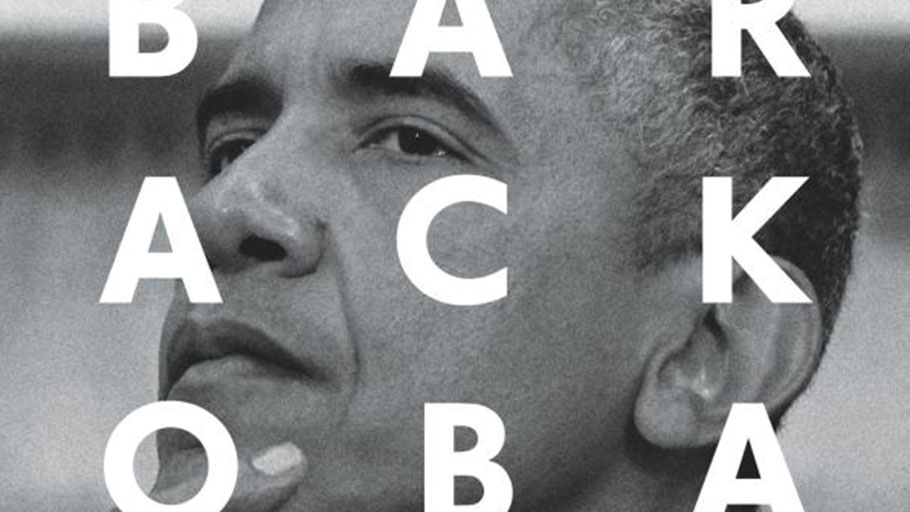
By Steven Sarson, History News Networks — The release of Dinesh D’Souza’s documentary “Death of a Nation” is the latest iteration of an alt.right mission to reinforce its recent rise to power…

By Steven Sarson, History News Networks — The release of Dinesh D’Souza’s documentary “Death of a Nation” is the latest iteration of an alt.right mission to reinforce its recent rise to power…
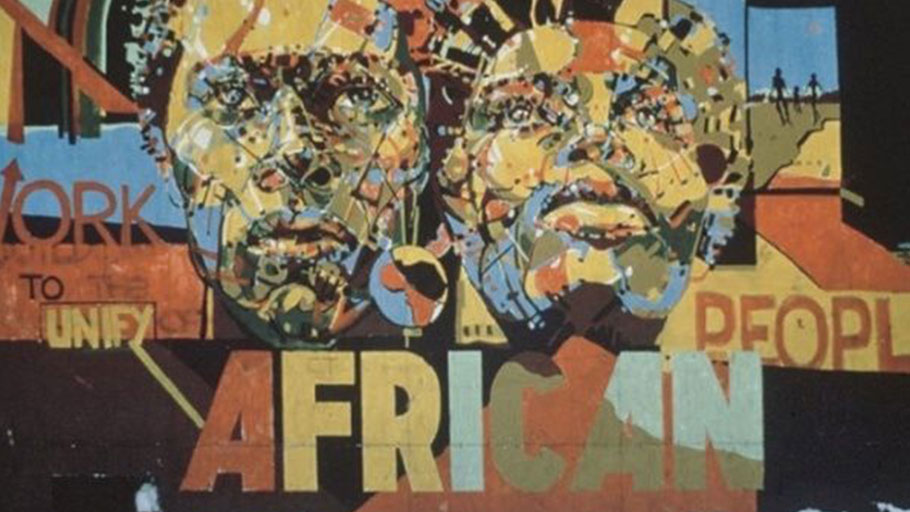
“African history is considered rather unimportant, but the history of the African diaspora isn’t considered at all,” Hakim Adi said. By teleSur — “Pan-Africanism: A History” a recently released book…
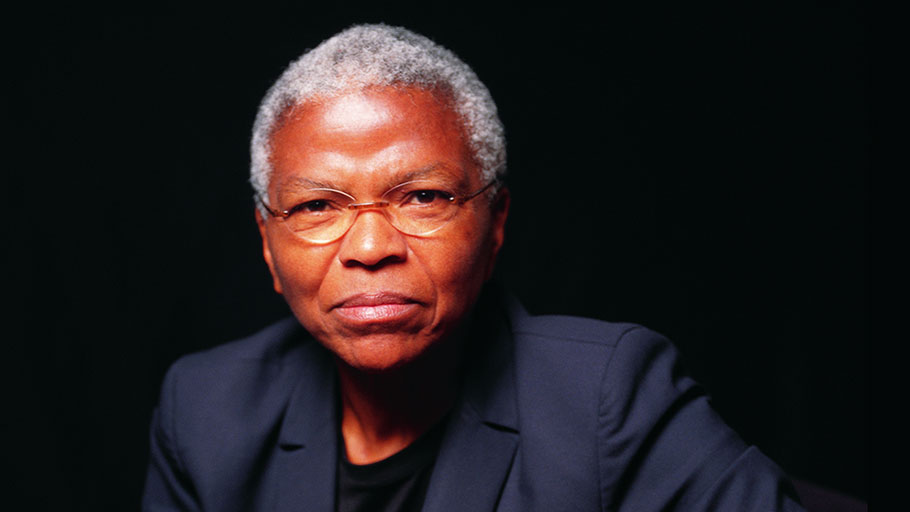
The civil rights activist, historian, and author discusses her new book “History Teaches Us to Resist: How Progressive Movements Have Succeeded in Challenging Times.” Civil rights activist, historian, and…
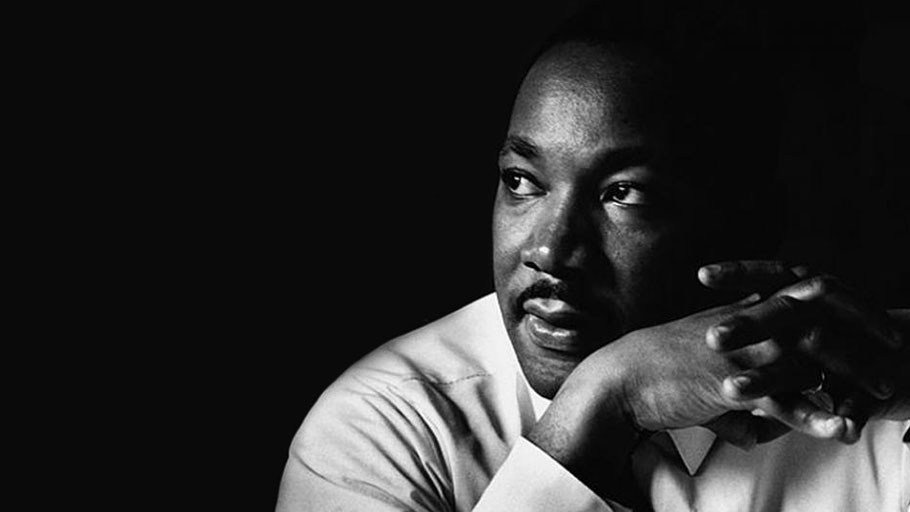
A new book argues that King’s suspicion of American capitalism and his passion for economic justice did not represent a turn in his last tumultuous years. They were there all…
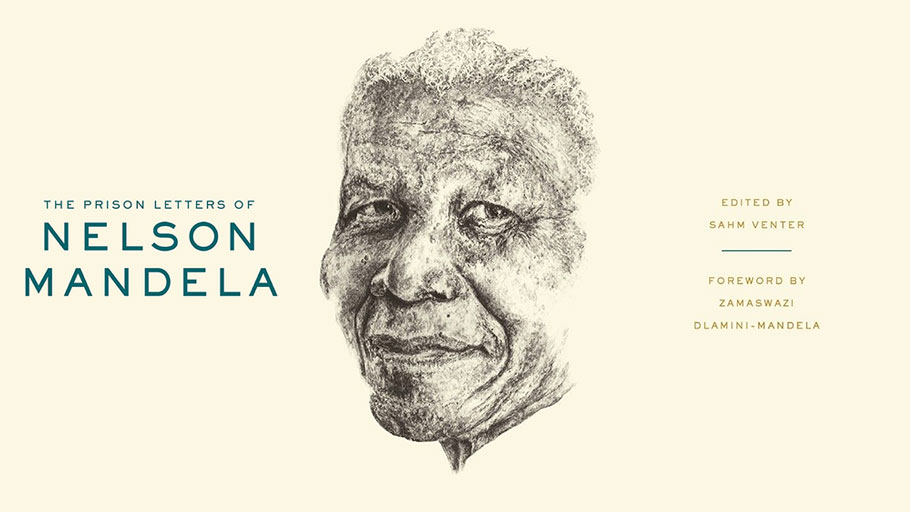
Mandela was not just “a brilliant political tactician and legal mind, but also an exquisite writer,” says reviewer Goff. These letters give us a man of high ideals whose “fight…
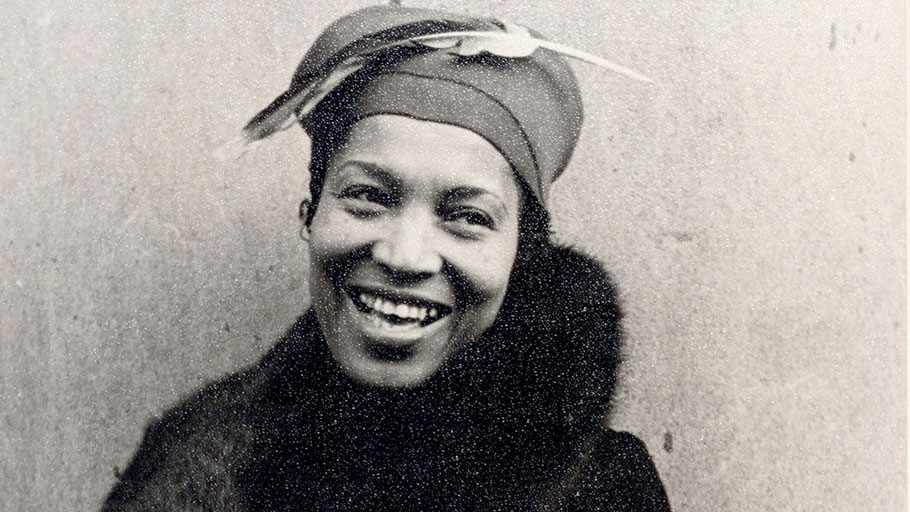
Zora Neale Hurston’s drive to tell the story of the slave trade’s last survivor By Emily Bernard, The New Republic — “You have seen how a man was made a slave,” Frederick Douglass wrote in his 1845 autobiography, the Narrative of the Life of Frederick Douglass. “You shall see how a slave was made a man.” These words herald the moment when Douglass masters his master, the sadistic overseer and “negro-breaker,”…
Topic/Premium – By Any Means Necessary: Malcolm X, Real, Not Re-imagined. Guests – Professor James Small (Coordinator, Annual Malcolm X Pilgrimage, New York, NY) and Imam Talib Abdur-Rashid (Mosque of Islamic Brotherhood, Harlem, NY)
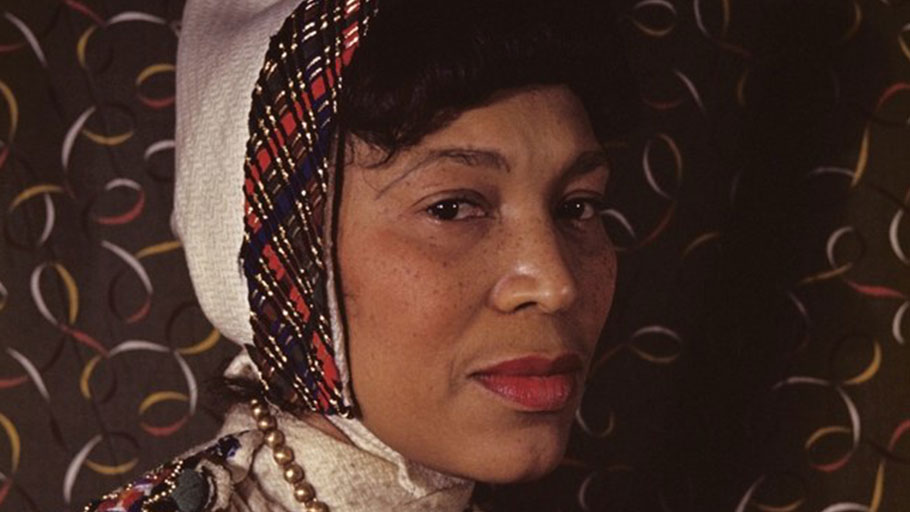
Hurston spent years turning an account of the transatlantic slave trade into a book. Then the manuscript languished for nearly nine decades. By Casey N. Cep — Captain William Foster left Mobile in secret and returned the same way. On July 8, 1860, he dropped anchor in the waters off the coast of Mississippi, hid his cargo below deck, slipped ashore, and travelled overland to fetch a tugboat from Alabama.…
Premium/Topic: Africans in World History by Dr. John Henrik Clarke. Guests: Dr. Leonard Jeffries (President, World African Diaspora Union (WADU), New York, NY) and Dr. Greg Carr (Chair. Afro American Studies Depart., Howard University Washington, D.C.)
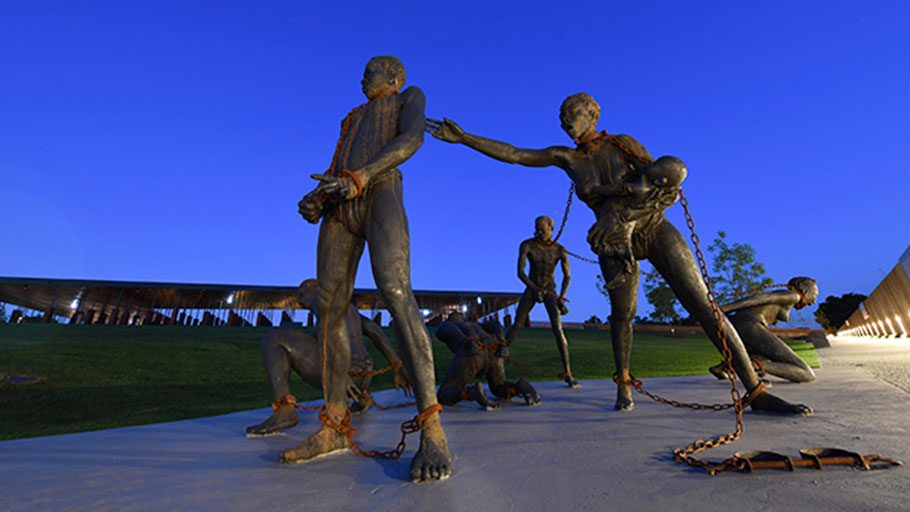
By Mark Karlin, Truthout — By detailing the growth of the slave trade in the 17th century, Gerald Horne reveals how white supremacy, capitalism and the original sin of slavery in the Western Hemisphere became intertwined. Current politics are so chaotic, staggering and fast-paced that we rarely hear of how we arrived at this moment of the resurgence of white supremacy in historical context. However, Professor Gerald Horne, author of The…
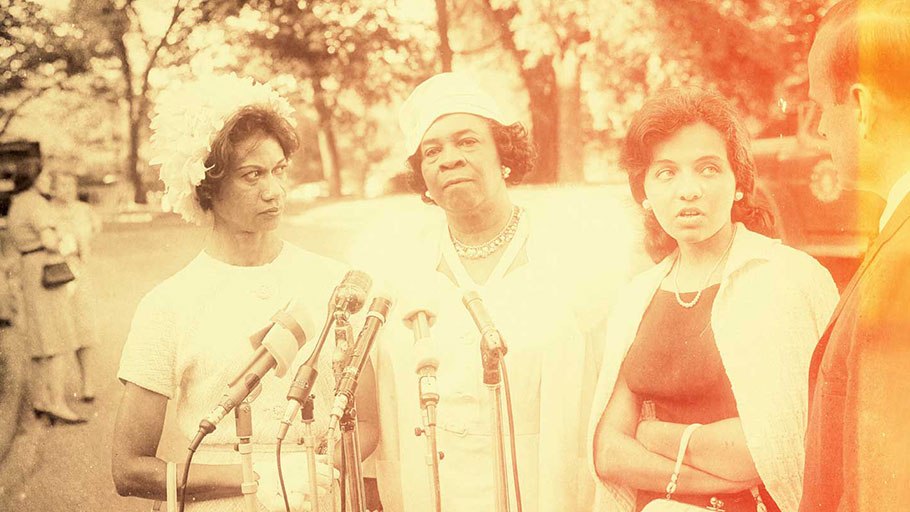
These women didn’t stand on ceremony; they accepted the risks of activism and fought for worlds where others might have freedoms that they themselves would never enjoy. By Janet Dewart Bell — During the civil-rights movement, African Americans led the fight to free this country from the vestiges of slavery and Jim Crow. Though they all too often were—and remain—invisible to the public, African-American women played significant roles at all…

Ian Bremmer sees Trump’s victory, the rise of the far-right in Europe, and more as a backlash to globalism—and he thinks it’s going to get worse. By Jeet Heer —…